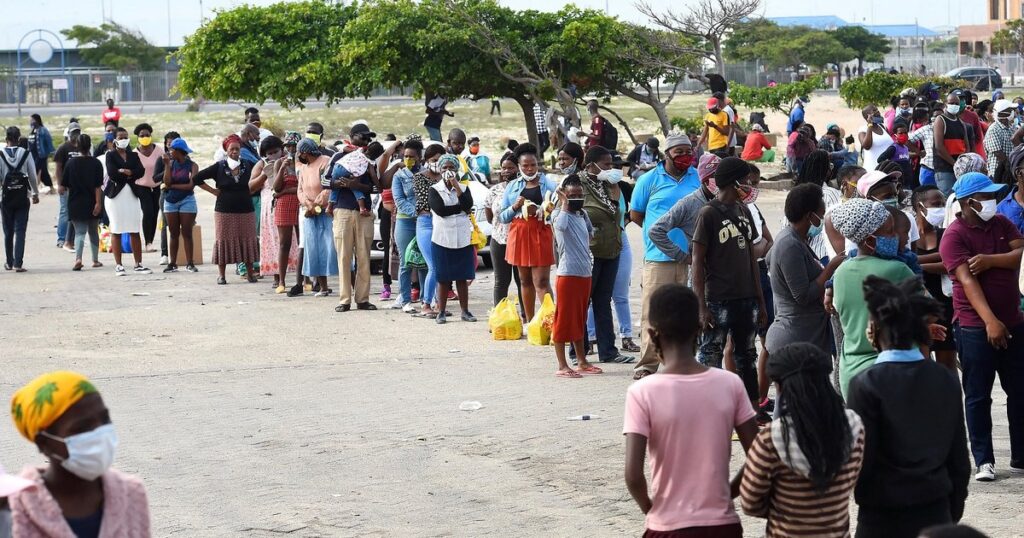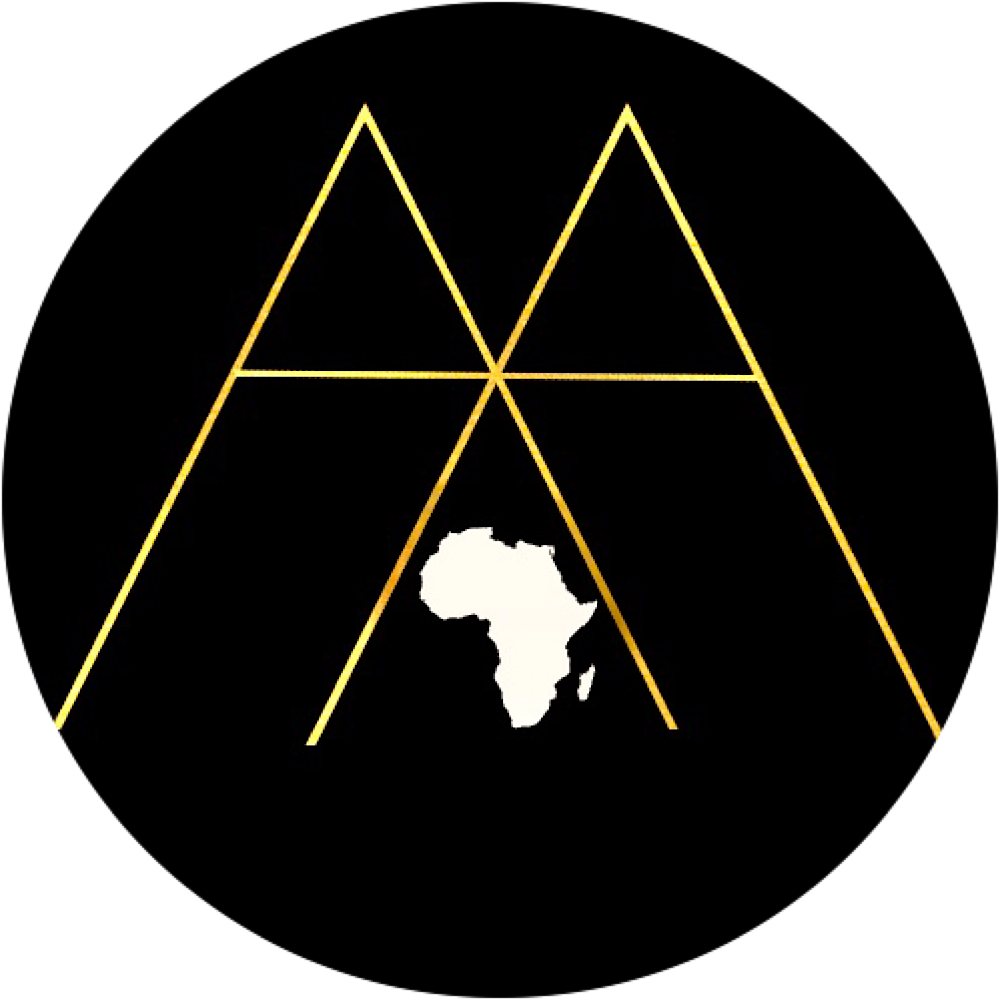(5 mins read)

Uganda has now become the 15th country in Africa to restrict social media access due to elections since 2015. African governments commonly restrict it’s citizens social media access, especially during elections, protests, demonstrations, or exams. Researchers have found that at least 27 countries in Africa blocked or heavily restricted social media access over five years. Over five years, Burundi, Cameroon, Equatorial Guinea, Gabon, Gambia, Guinea, Togo, Tanzania, Benin, DRC, Malawi, Mali, Mauritania, Sierra Leone have also restricted access to social media due to elections.
There’s no denying that social media has established itself as a key political player, with wide ranging and lasting global influence. But it is expecially concerning how African countries are increasingly blocking and or censoring the internet amid the elections. Governments in Belarus, Tongo, Burundi, and Tanzania have already shut down social media during elections in 2020, whereas Uganda becomes the first country to do so in 2021.
Privacy protection company, Surfshark says it analysed 185 countries and their social media blocking practices from 2015 to the present day, seeking to evaluate the extent of social media censorship. The research shows that 62 out of the 185 analysed countries blocked or heavily restricted social media access in the past five years.
The data it says was collected through open-source information from Freedom House, Netblocks, and reputable news reports from 2015 till date.
Social media was classified as social networking sites (i.e., Facebook, Twitter, Instagram, Youtube, etc.) and communication apps, including VoIP apps (i.e., Skype, WhatsApp, Telegram, Viber).
Why are they doing this?
Government officials in Uganda claim that there are too many ‘fake stories’ circulating on the internet. Such stories are like the one below which shows a video claiming to show Barbara Kyagulanyi, the wife of Uganda’s main opposition presidential candidate Bobi Wine being harassed by security officials, has been widely shared online. In the video, the unidentified woman is seen having an altercation with security officials, who try to block her entry into a venue. But the woman shown on film is not the wife of Bobi Wine and her appearance is noticeably different from Ms Kyagulanyi,

After false images and videos like this began circulating, the government then issued an order to service providers to block social media platforms, then told them to block all internet connectivity on the eve of election day on 14 January. Though these government concerns are true and cannot be denied. Many fear that this is the government’s attempt to silence them and to cover any injustices.
years.
Ugandans lined up to vote in a tense election Thursday under heavy security and an internet blackout as veteran leader Yoweri Museveni sought a sixth term against a former pop star and local favourite Bobi Wine. The internet went down on the eve of the vote, with some parts of the country reporting complete disruptions or significant slowdowns, after one of the most violent campaigns in years. Wine said several of his party’s polling agents had been arrested during the morning, as he cast his vote on the outskirts of Kampala alongside his wife to a crowd of dancing and singing supporters. Around18 million Ugandans are registered to vote with the results expected by Saturday.
Top Posts & Pages
- 5 cool places to visit in Guinea: Conakry
- 8 incredible things to do in Freetown, Sierra Leone - Travel Blog
- Home
- Conakry, Guinea - Ultimate Guide
- About
- The Top 5 Cultural and Historical countries in West Africa
- Madagascar - A 2026 Travel Guide
- Mauritius - A 2026 Travel Guide
- Sierra Leone - A 2026 Travel Guide
- South Africa - A 2026 Travel Guide
Have a story? Would you like to be a writer for our platform? If so, Contact us below
Weekly Blog Stats
- 28,905 Views
